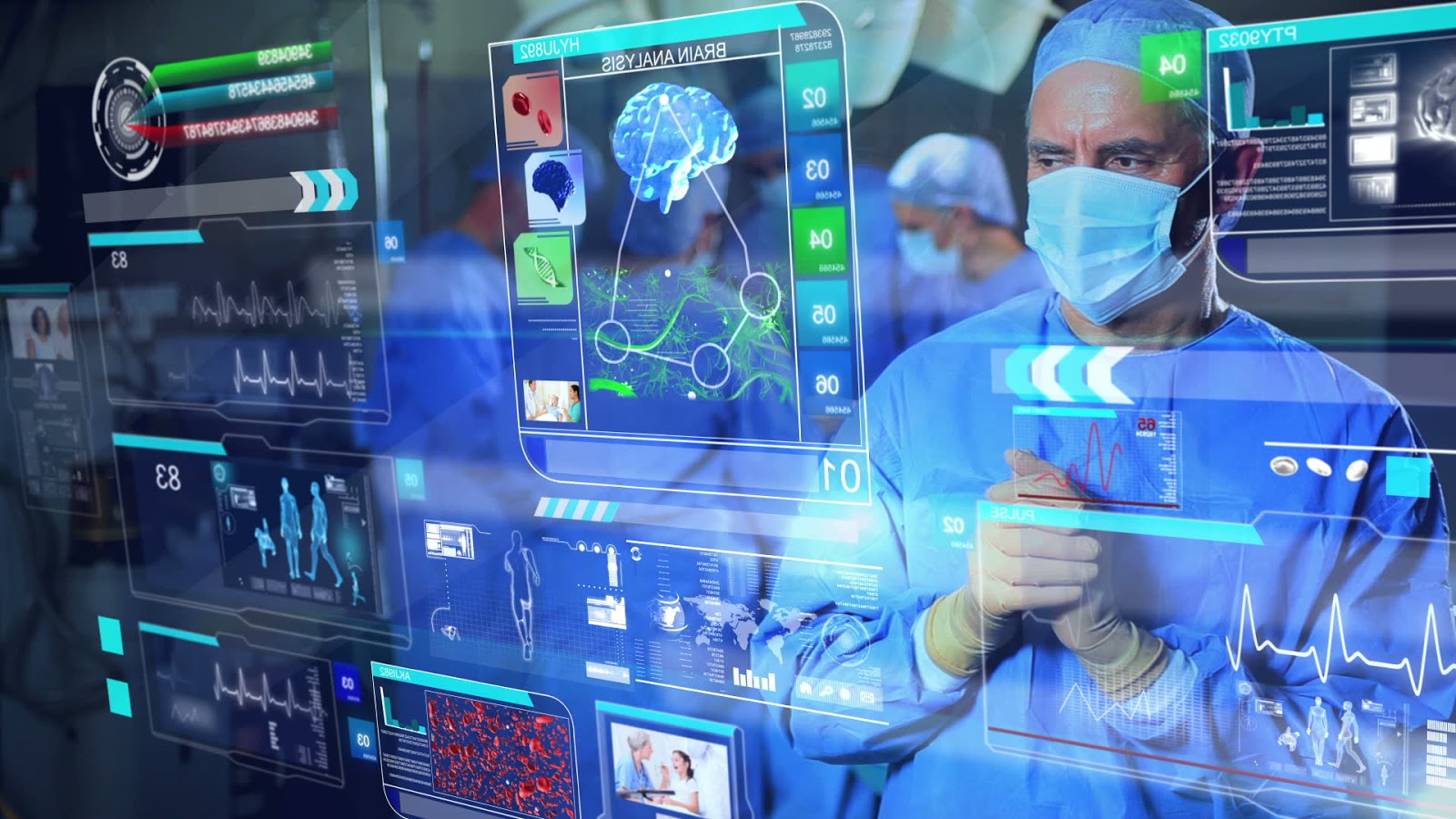Need of Healthcare Consultants for Equipment Planning
Building a Healthcare Business Plan is an intricate and complex process as it involves multiple tasks in a cohesive team. This team has the vital responsibility of carefully balancing the needs of the clinical users and the clients of the healthcare project. Therefore they need the expertise and support of Healthcare Consulting Firms for
- Understanding and interpreting the realities of the design and construction process
- Meeting the budgetary constraints
- Evaluating healthcare technology for the best possible patient outcomes
Medical Equipment Planning (MEP) forms an integral part of this process and the demand for it is rising by the day thanks to the voluminous surge in the number of healthcare services and hospitals. This necessitates the specialised knowledge of the clinical requirements, budgeting, architectural design and building process. That is because medical equipment is useful in the diagnosis, treatment, monitoring and follow-up of several ailments. They may be classified as
- Diagnostic equipment such as X-Ray, Endoscope, ECG Machines, MRI, PET and CT scanners
- Therapeutic Equipment including Lasers, Electrosurgical Units, Pacemakers, Infusion Pumps and machinery for Short Wave Diathermy.
The effective sustenance of every hospital or healthcare facility is dependent on the essential and basic functioning of its clinical equipment. Irrespective of the diversity in the range and utility of the equipment (starting from simple hospital beds to complicated imaging scanners), each of them have their own importance. Since clinical equipment is a major constituent of the total project cost but has high depreciation rates, selecting, procuring and maintaining it assumes high significance particularly in hospital management projects.
Need for MEP
- Choosing the right equipment with sufficient servicing and back-up facilities is critical for high quality and uninterrupted patient care.
- Equipment selection is dependent on the patient volume to be handled as there are remarkable price differences in each of its variants. Other factors to be considered in choosing these clinical devices include the type of healthcare service to be provided, the extent of disease burden in the primary and secondary catchment areas and financial budgeting.
- Doing regular maintenance and upkeep, audit and training of medical staff for using the medical equipment is an important part of hospital operations.
- The productivity of the new equipment needs to be analyzed in terms of demand for service, cost, volume, operational efficiency, quality and return on investment
- MEP is a multi-faceted process that involves the collaboration of various stakeholders in the healthcare arena including clinicians, chief operating officer, biomedical staff, procurement team and finance department.
- Selection of vendor for buying the equipment is also important and is dependent on multiple parameters including offers available, track record and past experiences of the vendor and their product installation base.
- Healthcare organizations must adhere to certain quality norms and manufacturer guidelines for designing the required infrastructure and room layout for medical equipment.
Role of Consultants in MEP
- Assessment of installation site for equipment and planning
- Managing financial aspects including budgeting and costing
- Preparing functional and detailed specifications
- Doing a detailed techno-commercial analysis for weighing the pros and cons of prospective equipment deal
- Participating in the vendor evaluation and selection process
- Procuring, installing and commissioning the medical equipment
- Providing assistance in the maintenance and repair contract procedures including buying the Annual Maintenance Contract(AMC)
- Aiding in the decommissioning and safe disposal of the equipment when required
- Executing checks on infrastructure adequacy
- Integrating the medical equipment with healthcare information technology and facilitating training
There are several reputed Hospital Consultants in India who, with their expertise and experience in strategy, facility planning, technology and operations, can support the MEP activity to seamlessly translate the hospital goals into realistic, viable, and flexible clinical solutions to facilitate quality patient care.






